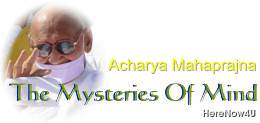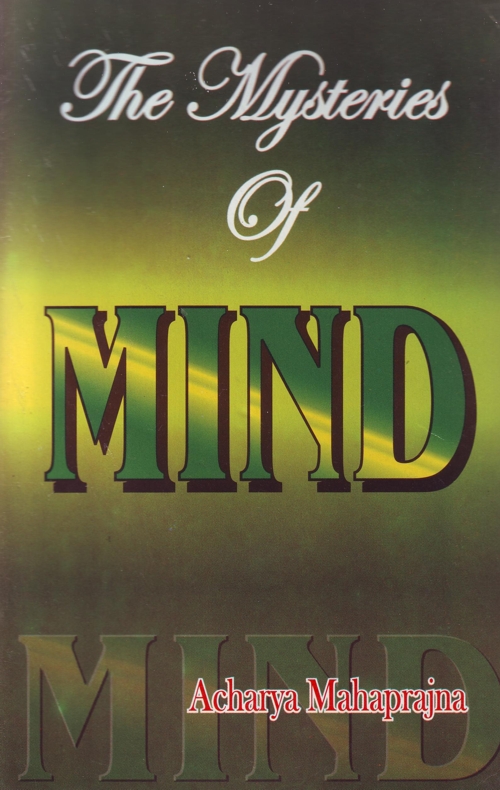
There are two kinds of powers, which we possess, physical powers and spiritual powers. We are acquainted with the former but not with the latter. Spiritual powers are far greater than physical powers. We are acquainted with the powers of the sense organs. It is on the strength of the sense organs that we can see, hear, feel heat and cold, etc. Do the sense organs possess only that much of power with which we are acquainted? No, they possess much more. The power of the eye does not lie merely in perceiving things, which lie near us. It is much more. Those experienced in sadhana know this.
The actual power of all the five sense organs is limited. It can, however, be further developed. There are and have been persons who possess and possessed unlimited potential powers of the sense organs. The arhats, the tirthankaras and kevalis were possessors of extraordinary power of the sense organs. One who makes his body light and subtle and develops his mental powers extraordinarily is known as a manokami. He can achieve whatever he desires in no time. There is no time lag between his desires and their fulfilment. If he desires to eat some thing, he need not put it into his mouth. He can satisfy his hunger without actually eating anything. Any one can develop such powers although it is not an easy task to do so. Gods satisfy their hunger imaginatively. They do not eat material food. Those who possess vaikriya bodies (counterparts of material bodies) also do not eat material food. Such persons possess immense potential powers. Others may also develop such powers.
The sense organ of speech also has actual and potential powers. When the tirthankaras speak, their voice can be heard at a distance of four yojanas (about eight miles). Their speech can assume the form of several languages at the same time. This is quite natural for them. Others may also develop such powers.
Ksirasrava labdhi (literally to taste milk) and madhva-srava labdhi (literally to taste honey) are the two powers associated with speech. When a person possessing the former power speaks, the hearer feels as if he actually tastes Ksira or milk. When the person possessing the latter power speaks, the hearer feels as if he were actually testing honey. These powers may be acquired by others also and are not the special privilege of any particular person.
A certain king approached his preceptor and asked, "The gods live an eternal life. Do they not feel life to be boring?" The preceptor replied, "The gods live a happy life, and, therefore, time does not become a burden to them. Those who lead an unhappy life feel time to be boring." The king again asked, "How is it possible to forget the sense of time? "The preceptor asked the king to sit down for sometime and to listen to him. He delivered a long lecture to the king. It was such an interesting lecture that the king became absorbed in it. The preceptor then asked the king, "For how long have you been listening to my lecture?" The king replied that the lecture had begun only a few moments ago. The lecture was so engaging that the king had lost the sense of time. This is an example of the power of speech.
 Acharya Mahaprajna
Acharya Mahaprajna

